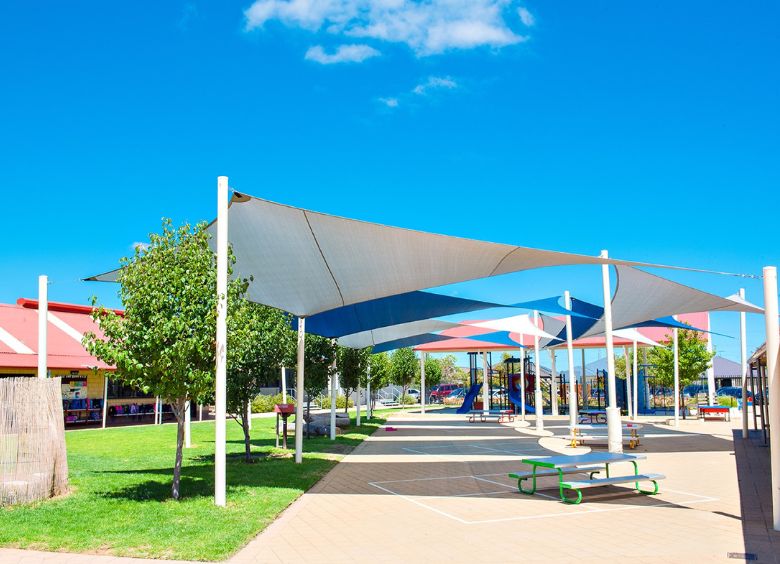
School Board
Role of the School Board
The role of the School Board is one of setting the long term future for the school and maintaining oversight (not management) of the schools operation. It is not about running the school – that is the job of the principal. It is about providing additional expertise to help the school achieve the best outcomes for the students. Our previous School Council will now operate as a Board with functions consistent with the legislative role of what was formerly known as the School Council.
The responsibilities of the School Board are to:
- work within the Department of Education’s relevant legislation and regulations;
- contribute to the School Delivery and Performance Agreement and the Business Plan. (This document summarise what the school wants to achieve in the future and how it plans to get there. The agreement will be signed off by the Chair of the Board, Principal and Director General of Education);
- endorse and review the annual budget (the budget summarises the income received annually from the Department of Education and other sources. It also lists planned expenditure, including salaries);
- assist with the formulation of Codes of Conduct (guiding principles designed to influence decisions and actions that the school takes);
- review the performance of the school;
- create interest in the school within and across the community;
- assist with principal selection when a vacancy arises (the Chair of the School Board will be a member of the selection panel);
- approve fees, charges, contributions and items of personal use (booklists);
- approve extra cost optional components of programs;
- approve arrangements for sponsorship or advertising.
- liaise with other committees within the school e.g. the P&C;
- hold one open meeting each year to report to the school community; and
- provide advice to the Principal on religious education and related activities.


The School Board does not:
- manage the day to day running of the school. For example, it does not employ staff, decide which classes students will be assigned to, or resolve issues relating to individual teachers and students and/or parents);
- discuss individual issues relating to teachers, staff or parents – these are very clearly management roles and therefore the responsibility of the principal;
- represent specific interest groups, or permit special interests to dominate the agenda of the Board;
- intervene in the educational instruction of students;
- purchase land, buildings or motor cars, and enter into hire purchase agreements or obtain credit or loans, unless permission is given by the Minister; and
- performance manage the Principal or any other staff member.
- Role of School Board members:
- parent members of School Boards bring their experience as parents at the school, and the views and context of the wider school community to School Board meetings.
- community members bring a particular skill to the School Board. This may include business, accounting or building skills, or some other skill that the school is looking for at that time.



